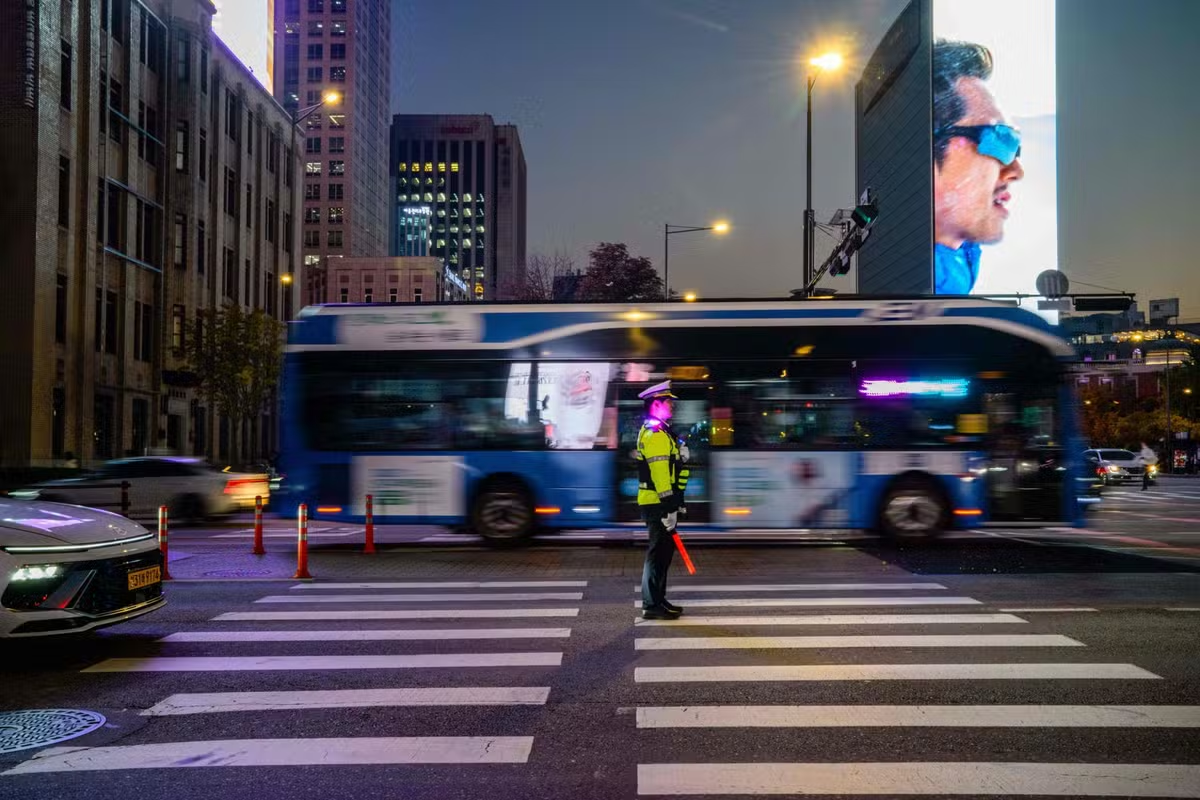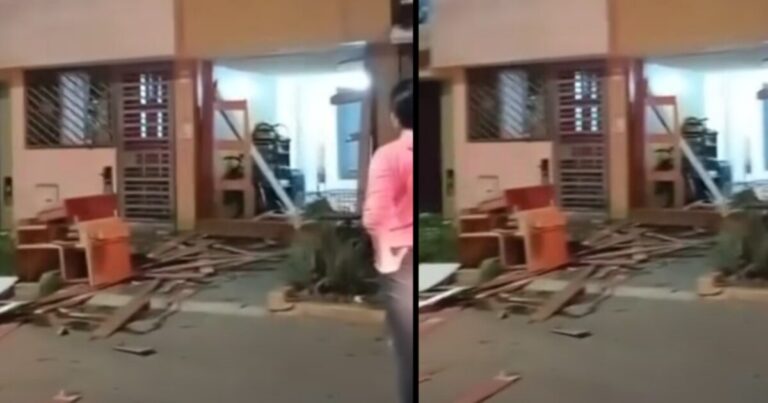
The first bomb threat bearing Takahiro Karasawa’s name was sent by fax in Japan 13 years ago. It later appeared in South Korea, Malaysia, the Philippines, and Singapore. But there were no bombs. Japanese lawyer Karasawa said he was not involved. Arrests were made in connection with the threat, which continued in the aftermath and sparked panic, evacuations and searches in several Asian countries. No one knows who is sending these messages and why.
- Submarines, fares, and K-POP: APEC meeting in Gyeongju delivers victory package to South Korean government
- K-POP diplomacy: How is South Korea using its cultural industry as a foreign policy tool?
Karasawa’s name has come back into the spotlight in recent months as threats in South Korea increase. Several schools and shopping malls in the capital Seoul were evacuated following threats by fax.
The following month, employees at Ajou University in southern Seoul received an email with the subject line: “Everyone at Ajou University is going to die.” The message stated that bombs had been planted in 38 locations on campus and was sent from an account called Takahiro Karasawa.
-At first, we panicked and immediately reported the incident to the police, said university spokesperson Lee Byung-hee.
Dozens of police officers and firefighters arrived on the scene. One police officer, a bomb expert, said there was no evidence of explosives and that another university had received similar threats on the same day.
Authorities believe the sender is the same person who has been sending threatening faxes and emails since August 2023.
- Legacy of democracy: 45 years later, Gwangju becomes a landmark of resistance to South Korea’s dictatorship
South Korea has launched an international investigation. The National Police Agency announced last month that it had requested assistance from Japanese authorities and Interpol. South Korean officials said the South Korean government was also in contact with U.S. security officials because the threat was sent through a U.S. company that allows faxes to be sent over the Internet.
Interpol did not respond to requests for comment. Japan’s National Police Agency said it does not comment on requests received from law enforcement agencies in other countries.
However, there is no end in sight for Karasawa, who has not commented.
He claimed that Internet forum users attacked him and posed the threat because he represented victims of online harassment 10 years ago.
Ten years after the threat first emerged in 2012, Japanese police appeared to have made great strides. A man in his early 20s was arrested in Tokyo on suspicion of sending Karasawa to a railway facility.
- Watch the video: Typhoon Fan Wong, which killed 5 people in the Philippines and forced 1.4 million to evacuate, heads towards Taiwan
In August 2023, Tokyo police arrested two men, both in their 20s, on suspicion of sending a bomb threat to a university by fax. But the message didn’t stop there, spreading to South Korea and other countries in the region.
In August 2023, emails bearing his name were sent to government agencies and embassies in Singapore, starting the lockdown. The bomb was never found, and Singapore police said at the time that the sender had made similar false threats in South Korea.
In the Philippines, police said last year that threatening emails sent to government agencies, schools and railway facilities in 2023 and 2024 were traced to a single email address in Karasawa’s name.
In February last year, a threatening letter was sent to the state police chief and city council by a person claiming to be Karasawa in Malaysia. The Malaysian National Police announced that the investigation had been closed after failing to identify the suspect.
In South Korea, messages using Karasawa’s name have raised alarm across the country as part of a false threat, with at least 20 locations targeted in the past three months. No bomb was found, and police had no trouble identifying the culprit. However, the threats in Karasawa’s name are not over yet.
Experts say such messages cannot be dismissed as mere jokes, even if there is no real threat.
—They cripple public institutions, schools, and public facilities, resulting in excessive consumption of police resources, said Lee Man-jeong, president of the Korea Terrorism Research Association. — causes visible damage. It’s very serious.
Karasawa said he hopes imitators will stop.
— I have a deep love for South Korea — he said in a recent interview with South Korean broadcaster SBS. –I hope the perpetrators are arrested and receive severe criminal punishment.


